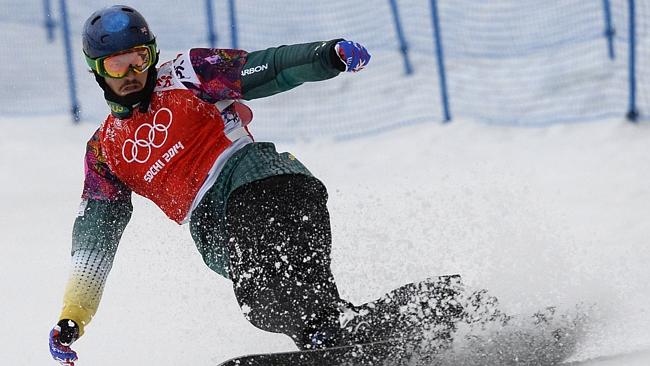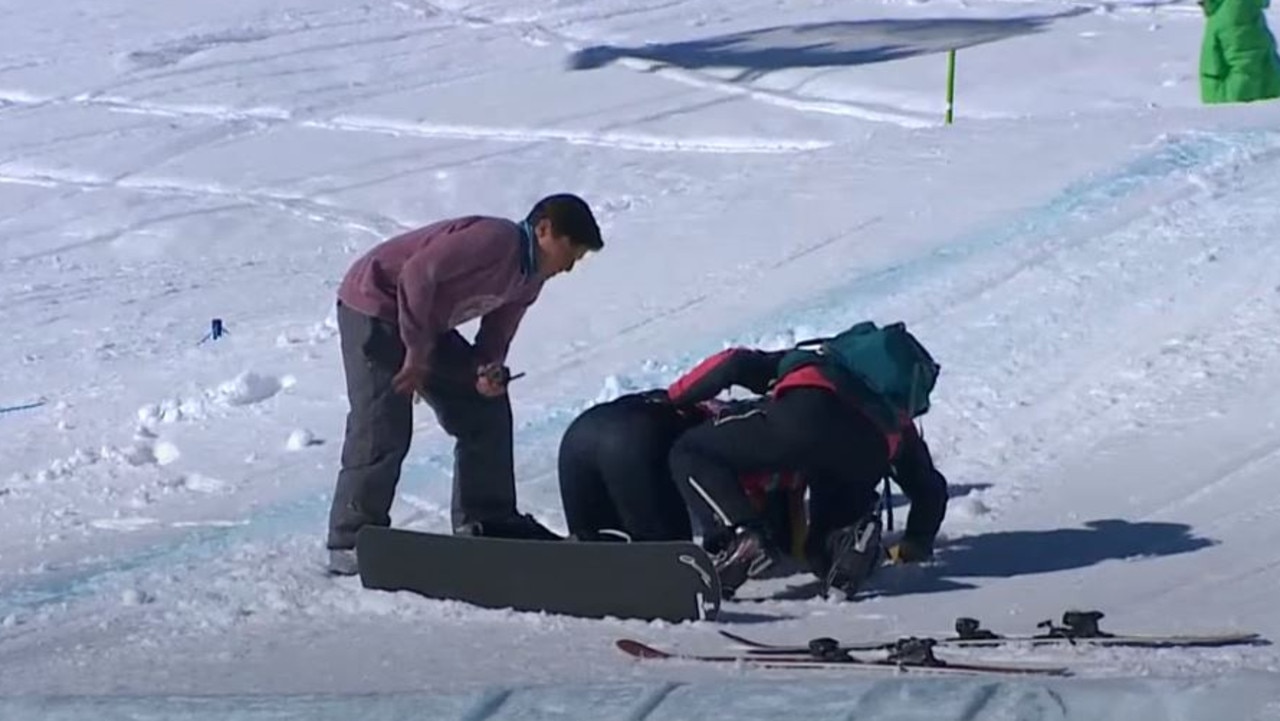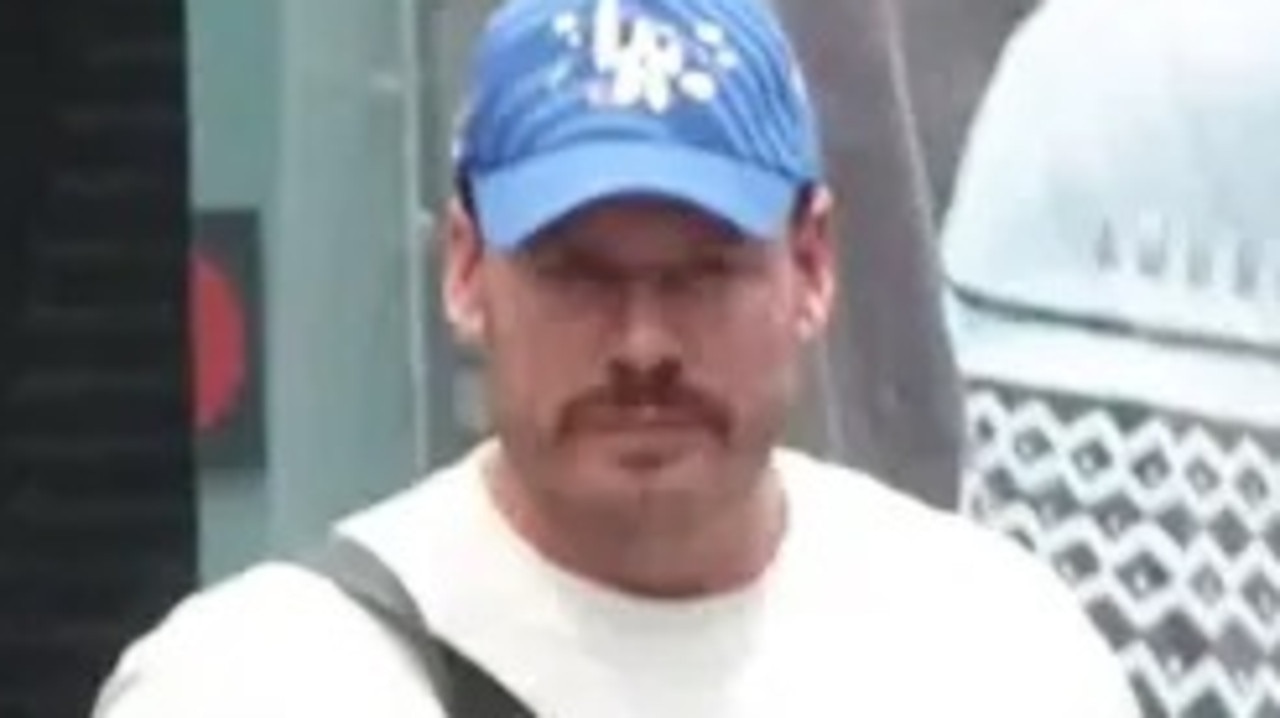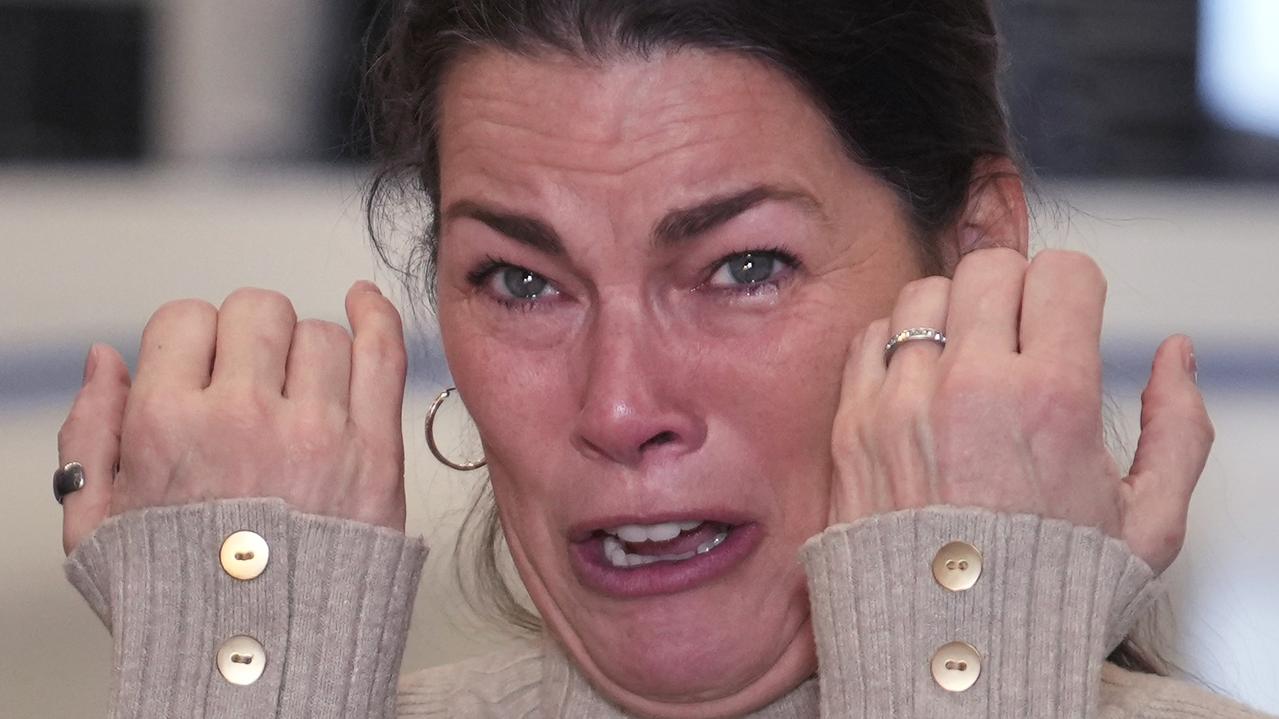Rebecca Wilson says Olympic funding program is not getting it right
THE Winter Olympics in Sochi has been just about as bad as it gets for Australian Olympic sport.

The much-trumpeted Australian team, funded with huge money from the taxpayer, arrived in Russia three weeks ago with at least eight hot medal favourites, more than a couple of whom were touted as gold medal hopes.
Only three athletes have stood on the podium and none at the top. All but Torah Bright, Lydia Lassila and David Morris will go home with nothing, including the hot favourite for gold, Alex “Chumpy” Pullin.
The money ploughed into this team should make your eyes water. Investment in winter sport has cost Australian taxpayers more than $30 million in four years. Throw into that the big pot called the Winning Edge program, and the cash spent on many athletes in Sochi is mind boggling.
The Winning Edge targets gold medal hopes across all Olympic sports. Its aim is to push Australia up the medal tally by focusing solely on athletes seen as genuine gold medal prospects. Controlled by the Australian Sports Commission and the Australian Institute of Sport, without any consultation or accountability, it has been a whopping, great disaster.
The medal hopes who turned up in Sochi had been targeted for several years. Even if they had won, they have not dragged a dozen other athletes along for the ride. They were massaged individually, without any thought of developing the sports they represent from grassroots level.
Winning Edge sets gold medal targets, aimed at moving Australia from “world class to world best”. So far, it is a dismal failure.
The best example of money misspent must be the aerial skier, David Morris. This bloke was denied funding, trained with the female aerial skiers (who were given funding) and came up with a silver medal against all predictions.
His unglamorous rise to the podium at the age of 29 underlines why targeting only athletes hand-picked by a
so-called expert in Canberra is fraught with danger.
The system denies the power of passion, emotion and commitment. Take a look at Australian female sprinter, Melissa Breen, who recently broke Melinda Gainsford-Taylor’s longstanding 100m record. She is not on anybody’s list, has not got two zacks to rub together and has been given limited support at best.
This young woman now stands a genuine chance of making an Olympic
semi-final, a huge feat for a white woman in the world of track sprinting.
Across Australia, there are dozens of Melissa Breens and David Morrises. They compete for clubs or universities, and are prepared by a band of dedicated coaches who are funded with money raised by alumni, raffles and small business.
The Winning Edge ignores these athletes and orders them to Canberra, or a centralised training base in Europe, under their training regimens and coaches. Boasting transparent governance and monitoring of performance, it is actually quite the opposite. Australian Olympic sport has not looked so grim for decades. The Winning Edge strategy in part was devised to improve on the poor performances in London that failed to yield a gold medal in rowing, an individual gold winner in swimming or a medal tally even close to that of Beijing or Athens.
Sochi is the first sign the experiment has gone terribly wrong. The calculations make for queasy reading — each medallist has cost taxpayers in excess of $4 million. The trumped-up chances all came a cropper under the pressure of Olympic competition.
If you look at the medal winning trio —Morris, Bright and Lassila — you do not see over-funded, pampered athletes. You see hard work, gruelling training regimens and nerves of steel. Winning Edge cannot find these sportsmen and women no matter how many new “Benchmark Events Trackers” are created (see their website for other ridiculous labels).
An AOC inquiry is already under way into the much poorer than expected performances. Rumblings of favouritism and misdirected funding have been widely aired. There are athletes in Sochi absolutely disgusted with the way they’ve been treated compared with others.
Big money is being spent for very small returns. It has to change. The glossy presentation and flash labelling are a poor substitute for genuine expertise, great coaching and money spent on increasing participation levels.
Don’t hold your breath for Rio in 2016. While the ASC holds the purse strings, Australia’s Benchmark Events Tracker is a road to nowhere.



